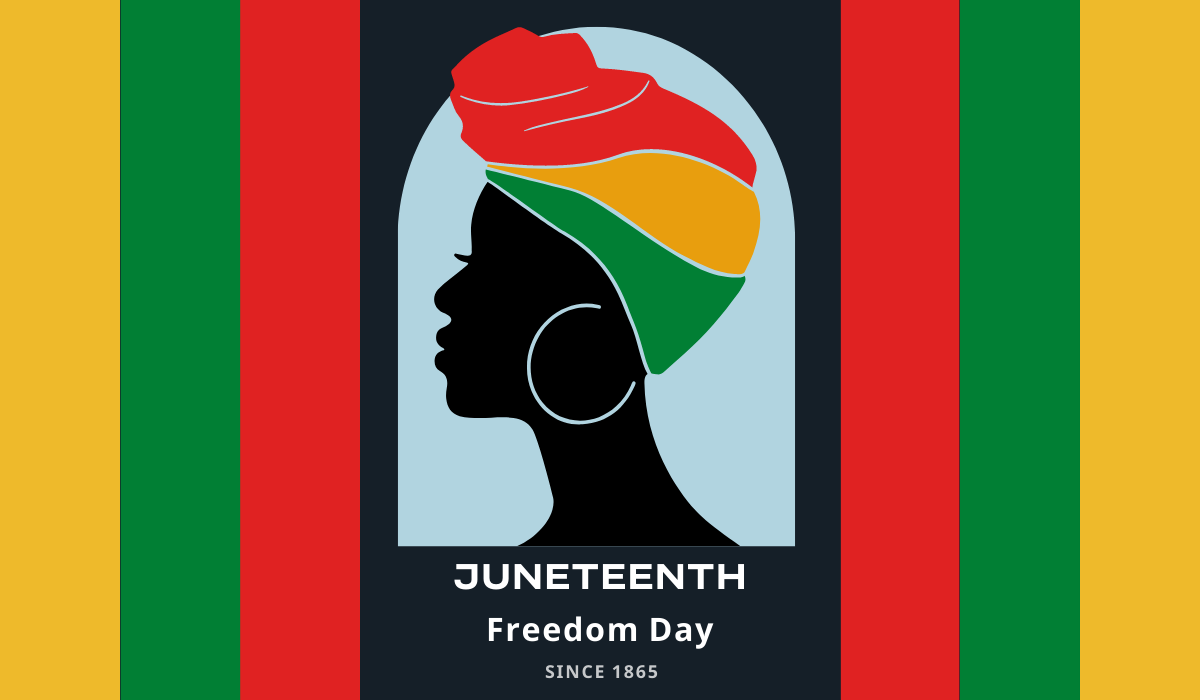In honor of Juneteenth, the oldest nationally celebrated commemoration of the ending of slavery in the United States, we invite you to join us in reflecting on what work we can do, as individuals and organizations, to be actively anti-racist while taking time to recognize and appreciate the culture and contributions of Black people everywhere.
Below are some recommended resources for learning more about the day and celebrating.
Click here to view Lindauer’s Juneteenth reading list.
Resources
In this Be Antiracist podcast episode, Host Ibram X. Kendi expounds the history and legacy of Juneteenth, and what the day means to him. He passes the mic to Annette Gordon-Reed, Heather McGhee, Adam Serwer, Tiya Miles, and Maurice Carlos Ruffin, who share how this day in American history shows up in their lives. Plus: the Be Antiracist team hits the streets of New York to check in with the community on how they’re celebrating the holiday.
Juneteenth is a time to gather with family and community, honor the present, and reflect on shared history and tradition. Discover the tastes, sounds, and experiences of this African American cultural tradition with the Smithsonian National Museum of African American History & Culture.
Serving as an educational and motivational resource for all, Juneteenth.com’s mission is to inspire and support individuals, organizations, and corporations in the hosting of Juneteenth celebrations. The site, through these celebrations, aims to promote a greater understanding and appreciation of diversity.
“Today, Juneteenth commemorates African American freedom and emphasizes education and achievement. It is a day, a week, and in some areas, a month marked with celebrations, guest speakers, picnics, and family gatherings. It is a time for reflection and rejoicing. It is a time for assessment, self-improvement, and planning for the future. Its growing popularity signifies a level of maturity and dignity in America long overdue. In cities across the country, people of all races, nationalities, and religions are joining hands to truthfully acknowledge a period in our history that shaped and continues to influence our society today. Sensitized to the conditions and experiences of others, only then can we make significant and lasting improvements in our society.”
Click here to explore Juneteenth.com.
Lindauer’s Reading List
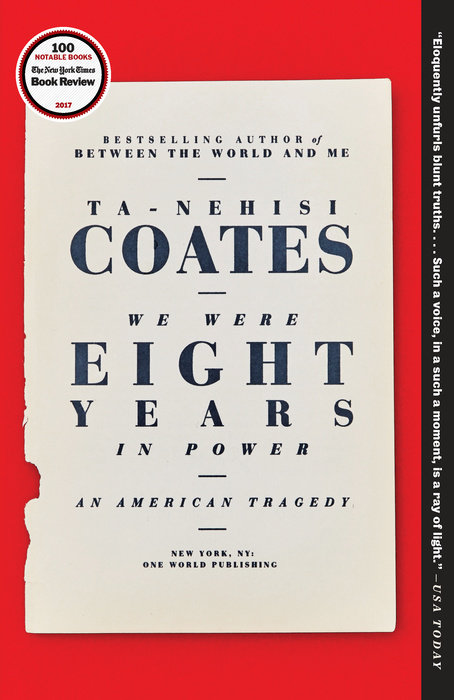
We Were Eight Years in Power
by Ta-Nehisi Coates
In this collection of essays, Ta-Nehisi Coates draws striking parallels between two periods in American history: Reconstruction (following the US Civil War) and the presidency of Barack Obama. According to Coates, both Reconstruction and the Obama presidency were moments of hope when the country seemed poised to make great strides toward racial equality. And yet both eras ended with a resurgence of white supremacy and the emergence of new forms of institutionalized racism.
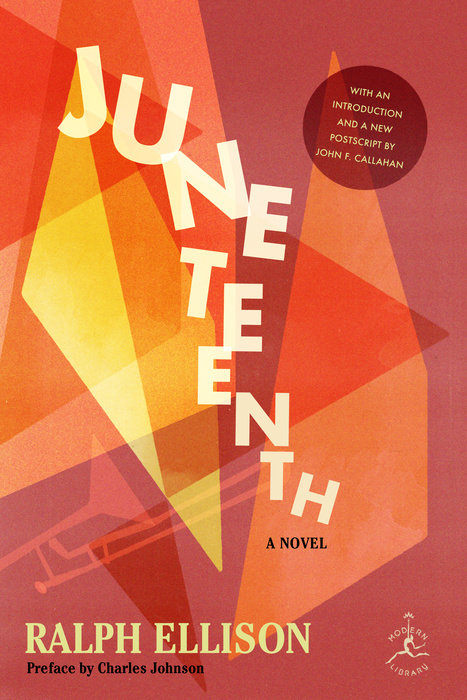
Juneteenth
by Ralph Ellison
In Washington, D.C., in the 1950s, Adam Sunraider, a race-baiting senator from New England, is mortally wounded by an assassin’s bullet while making a speech on the Senate floor. To the shock of all who think they know him, Sunraider calls out from his deathbed for Alonzo Hickman, an old Black minister. Out of their conversation, and the inner rhythms of memories whose weight has been borne in silence for many long years, a story emerges.
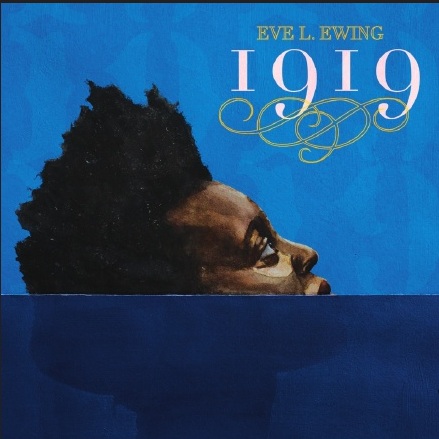
1919
by Eve L. Ewing
In 1919, her second collection of poems, Eve L. Ewing explores the story of the Chicago Race Riot of 1919—which lasted eight days and resulted in 38 deaths and almost 500 injuries— through poems recounting the stories of everyday people trying to survive and thrive in the city. Ewing uses speculative and Afrofuturist lenses to recast history, illuminating the thin line between the past and the present.
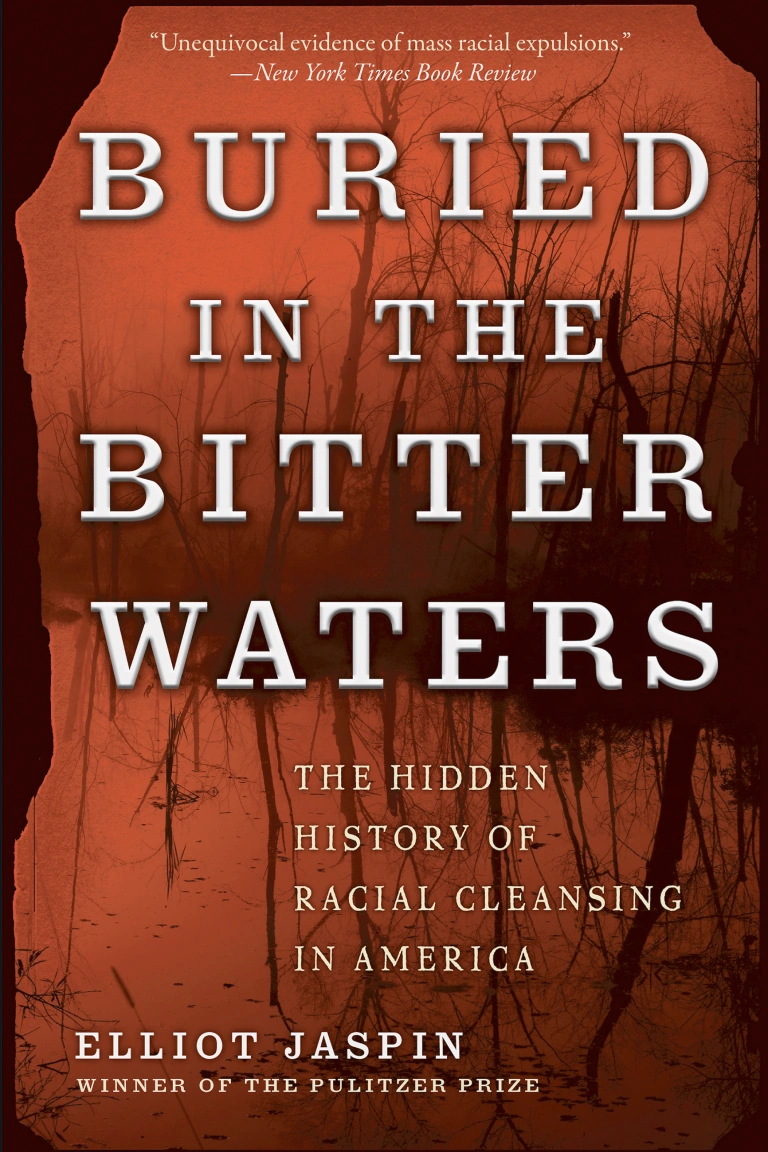
Buried in the Bitter Waters: The Hidden History of Racial Cleansing in America
by Elliot Jaspin
“Leave now, or die!” Those words—or ones just as ominous—have echoed through the past hundred years of American history, heralding a very unnatural disaster—a wave of racial cleansing that wiped out or drove away Black populations from counties across the nation. While we have long known about horrific episodes of lynching in the South, this story of racial cleansing has remained almost entirely unknown.
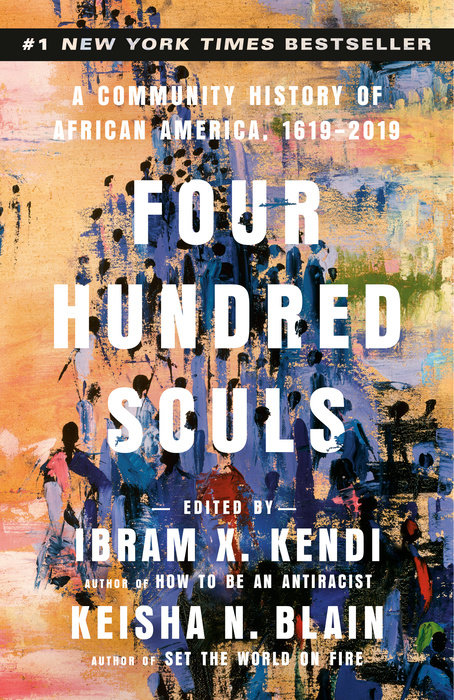
Four Hundred Souls
by Ibram X. Kendi and Keisha N. Blain
Four Hundred Souls is a unique one-volume “community” history of African Americans. The editors, Ibram X. Kendi and Keisha N. Blain, have assembled 90 brilliant writers, each of whom takes on a five-year period of a 400-year span: from 1619—a year before the Mayflower—when the White Lion disgorged “some 20-and-odd Negroes” onto the shores of Virginia, inaugurating the African presence in what would become the United States, to the present.
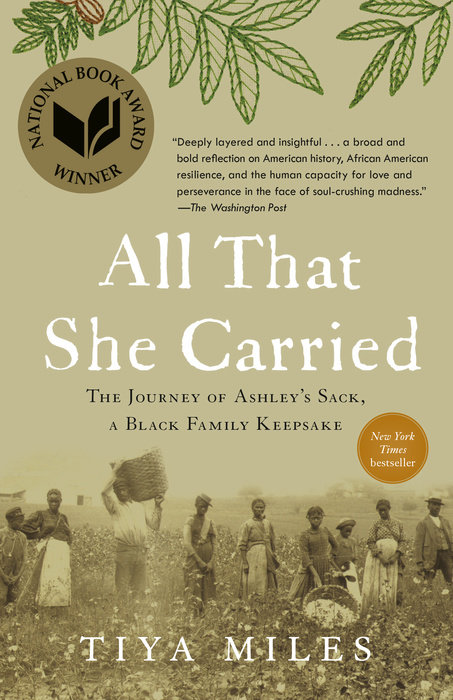
All That She Carried: The Journey of Ashley’s Sack, a Black Family Keepsake
by Tiya Miles
Tiya Miles’s research started with a seemingly simple cotton sack. An heirloom that had been held and passed down for generations by the women of a single African American family, the sack contained layers of meaning and historical significance. In All That She Carried, Tiya Miles tells a story of African American enslavement, resilience, and the power of material objects to help us understand the past and reckon with history.
Outside of Juneteenth, we encourage you to continue your education on Black history and celebrate Black excellence 365 days a year. In the words of Chadwick Boseman, “understanding history is one of many ways to break the cycle. Lift up/amplify Black voices. Support Black-owned businesses. Reach back. Mentor.”

